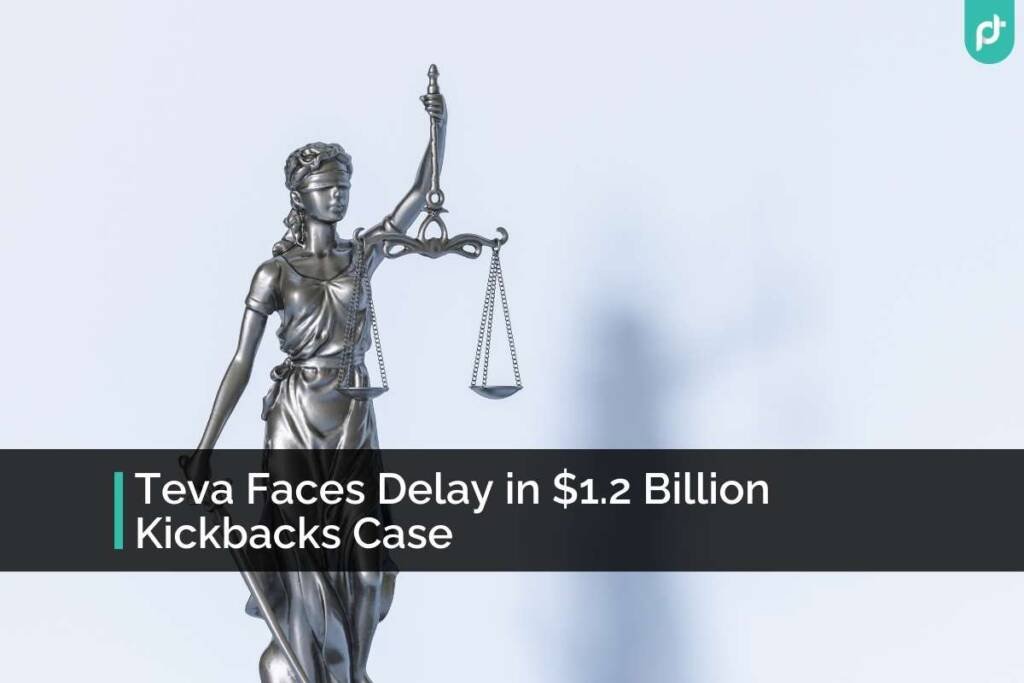After an enduring three-year legal battle against allegations by the US government, Teva Pharmaceuticals has managed to secure a delay in its impending trial related to alleged illicit kickbacks associated with its multiple sclerosis drug, Copaxone. The trial, originally set for September, has been deferred due to a “substantial ground for difference of opinion” identified by US District Judge Nathaniel Gorton. This unexpected delay is rooted in Teva’s pursuit of an innovative appeal strategy.
Central to the case are assertions by the government that Teva made unlawful payments totaling hundreds of millions of dollars to two patient foundations, ostensibly to cover Medicare co-pays for Copaxone patients over an extended period. The crux of the matter is that Teva made these payments despite repeatedly hiking the drug’s prices, creating an alleged violation of the Anti-Kickback Statute, which expressly bars pharmaceutical companies from directly funding Medicare co-payments.
Interestingly, the core allegations are not the focus of Teva’s pretrial appeal; rather, the company is contesting a pivotal decision made by Judge Gorton in July. This decision pertains to the degree of causation the government must substantiate in the case. Teva contends that the government should be obligated to prove that the Medicare claims for Copaxone would not have been submitted without donations to the patient foundations.
Teva’s argument for a “but for” standard of causation surpasses the threshold set by Judge Gorton. In his earlier ruling, the judge stated that if the government can establish a “causal connection” between Teva’s financial contributions to the patient foundations and the Medicare claims for Copaxone, those claims can be classified as “false” under the False Claims Act.
This situation is a rarity, as legal appeals commonly unfold post-verdict. However, the significance of the causation issue has prompted the judge to halt the trial proceedings temporarily. If Teva’s argument regarding causation gains traction, it could potentially lead to a favorable outcome for the company in the broader case, as highlighted by its legal team.
However, Teva’s legal representatives have also highlighted that the company might face substantial financial liabilities amounting to billions of dollars should it fail to emerge victorious in the larger legal dispute. This legal standoff continues to captivate attention due to its complex legal nuances and potentially far-reaching financial implications.





























